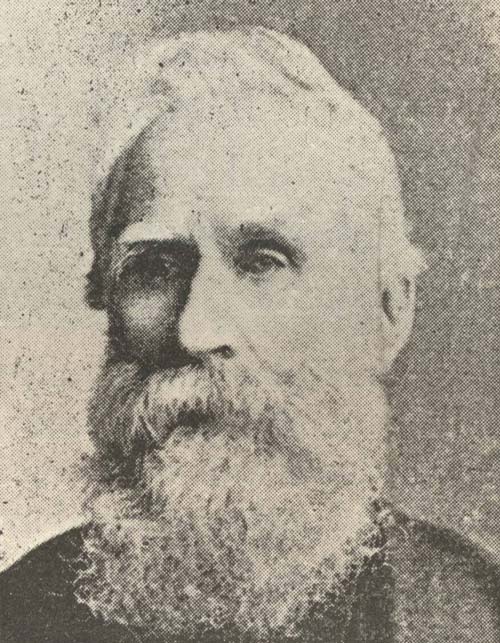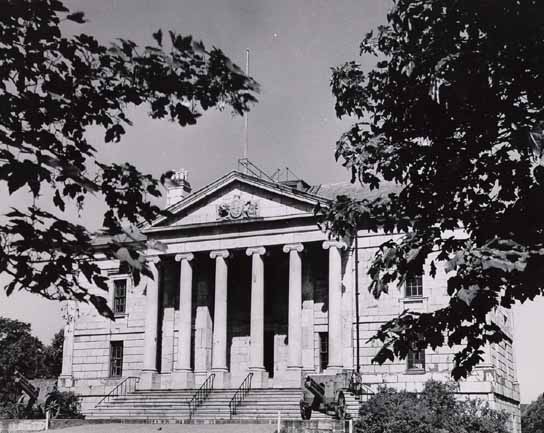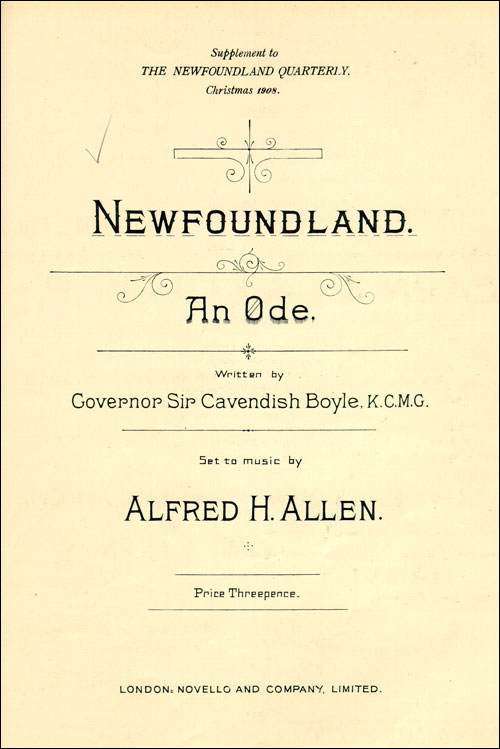Colonial Governors, 1855-1933
"Responsible government" meant that effective political power lay with the political party which held the majority of seats in the House of Assembly. The leader of that party was the premier - after 1909, the prime minister - and he decided who should belong to the executive council (cabinet). A given party, or government, remained in power so long as it had the support of a majority of members of the House of Assembly. Responsible government, granted to Newfoundland in 1855, brought a measure of democracy, but it did not mean full independence. External affairs remained a matter for the imperial (British) government, which, in exceptional circumstances, could intervene in other areas as well.

The Governors Duties and Responsibilites
Though the governor was officially the chairman of the executive council, he played no part in its deliberations. Nevertheless, he could be very influential behind the scenes, since he possessed certain reserve powers which could affect the course of events. As was the Crown's representative in the colony, the governor acted according to his official Instructions and the Letters Patent which constituted the colony's constitution. At one and the same time, he was head of the colonial government and the agent of the imperial (British) government. He was also expected to carry out a range of ceremonial and other functions, from opening sessions of the legislature to holding elaborate dinners. What did this mean in practice?

The governor reported regularly to the Colonial Office (after 1924 the Dominions Office) on what was happening in Newfoundland and Labrador. In addition, all official communications between the colonial government and London were forwarded by the governor, who usually added his own comments and recommendations. Any legislation which a governor thought controversial, or which had implications for external/imperial affairs, would be referred to London before he gave the royal assent. The most important official tool that a governor possessed internally, was the power to accept or reject a recommendation from the government to dissolve the legislature and hold a general election. It would be a mistake, therefore, to see governors during the responsible government period as mere figureheads.
The ideal governor managed to balance his local and imperial responsibilities and maintain good relations with the local government. Much depended on the character, judgement and skill of the governor, and on his personal relationship with the premier or prime minister. Assumptions about the proper role of the governor changed over the 79 years that Newfoundland possessed responsible government; in the early years, governors tended to intervene more frequently than in the 20th century. Some governors were skilful, and popular both with politicians and the public, while others were mediocre or inept. The Newfoundland governorship, which was important but did not pay well, did not always attract candidates of a high calibre.
Controversial and Constructive Governors
Governors Bannerman, O'Brien and Murray are examples of governors who directly intervened in politics - by sacking an entire government (Bannerman), removing an influential cabinet minister (Murray), and by refusing advice to dissolve the legislature (O'Brien). Governor MacGregor played an important discretionary role in the crisis which followed the tie election of 1908. Governor Davidson clearly had a considerable influence over his prime minister, Sir Edward Morris, and therefore on the nature of Newfoundland's involvement in the Great War.
In contrast to these perhaps controversial figures, Governor des Voeux proved to be conciliatory and constructive during the troubled years of the mid-1880s, and Governor Boyle not only presented a hockey trophy, but wrote the "Ode to Newfoundland".

The governors of Newfoundland during the responsible government period had the same status as governors in other British possessions with the same constitutional arrangements. Their predecessors and successors may have had more direct power and influence, but they shaped to a considerable extent the official perception of Newfoundland in London, and often influenced the development of local policies and politics. Collectively, the governors constitute an important factor in the country's history.




